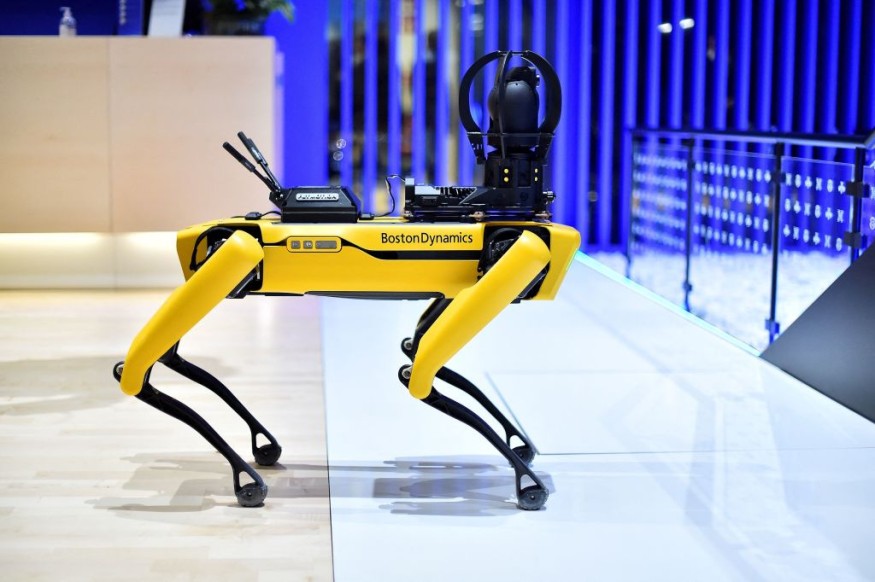The U.S. Space Force demonstrated robot dogs to automate tedious security jobs at its Cape Canaveral spaceport.
The newest branch of the U.S. military will employ "quadruped unmanned ground vehicles (Q-UGVs)" from Ghost Robotics, according to a statement from the Department of Defense.
Since robot dogs can complete activities without taking risks and are thus genuinely man's best friend, they have been proposed as substitutes for several mundane and hazardous jobs.
However, organizations like Ghost Robotics seek to create military applications for the same technology. At the same time, businesses like Boston Dynamics have intended to employ them for emergency and civilian reasons.
Space Force Guardians: Robot Dogs' Real-Time Strike Targeting
Space.com said the robot dogs would be used by Space Launch Delta 45. Space Launch Delta 45 oversees all space launch operations from Cape Canaveral and Kennedy Space Center.
The robots' presentation reveals that they were managed by a hand controller in a hangar. In addition, various optical and aural sensors may be added to the Ghost Robotics Vision 60 Q-UGVs, enabling them to serve as automated "eyes and ears" around critical facilities like a Space Force base.
The canine-like robots can function as tiny communications nodes by transporting antennas and rapidly extending networks outside the current infrastructure.
Before the Advanced Battle Management System (ABMS) data-sharing network in 2020, the U.S. Air Force tested the robots.
Jiren Parikh, then-CEO of Ghost Robotics, mentioned that the test, which took place at Nellis Air Force Base in Nevada, showed that the dogs could give real-time strike targeting data to USAF operators.
The Ghost Robotics Q-UGVs were demonstrated underwater with a tail-like payload so that they may swim underwater. They are constructed to withstand harsh weather conditions.

Space Force Plan to Deploy Robodogs
The Quadruped Unmanned Ground Vehicles (Q-UGVs), also known as the robotic dogs, will be used by the Space Force to do "manual and repetitive tasks." To that end, on July 27, the newest branch of the U.S. military performed a performance, which included a photo opportunity in front of a giant American flag.
These Q-UGVs appear to be particularly beloved by the U.S. Air Force, which is in charge of the Space Force. They have been extensively tested for over two years, mostly in their patrol dog configurations. This implies that the Q-UGV will be far more subdued than the gun-toting variants Interesting Engineering saw last year.
According to Gizmodo, the Space Force also intends to employ these Q-UGVs to conduct "damage assessments" and "save significant man-hours." Since rocket launches occur at Cape Canaveral, the robot dogs may be used as part of safety procedures or even emergency reactions.
It doesn't take long for someone to assemble their own armed patrol dog, given that there are so many robotic dog manufacturers on the market. However, this poses severe hazards to individuals and damages the brand of businesses that do not want to utilize their robotic dogs in this manner.
RELATED ARTICLE : Robot Dog Roams Around in China to Share COVID-19 Safety Measures As Coronavirus Cases in Shanghai Rise
Check out more news and information on Space and Technology in Science Times.
© 2025 ScienceTimes.com All rights reserved. Do not reproduce without permission. The window to the world of Science Times.












